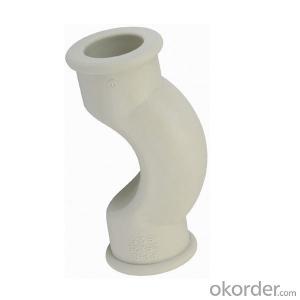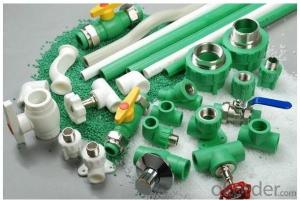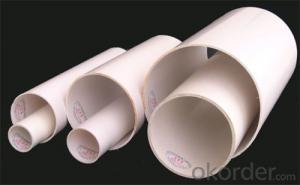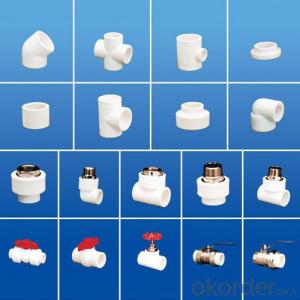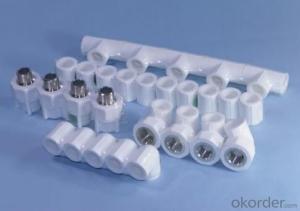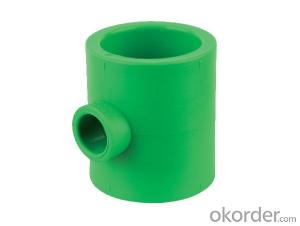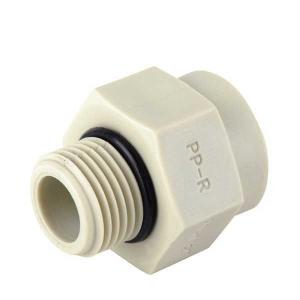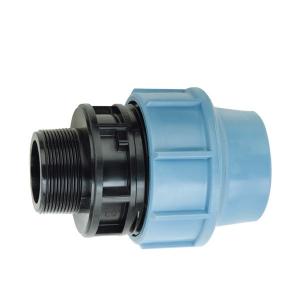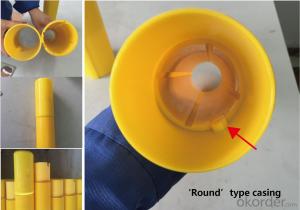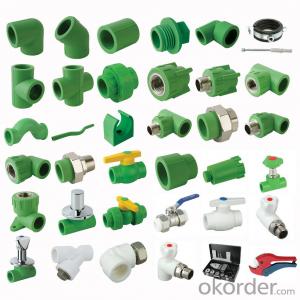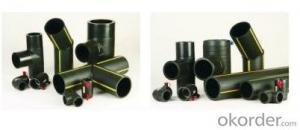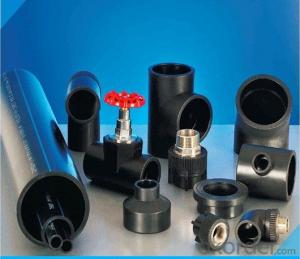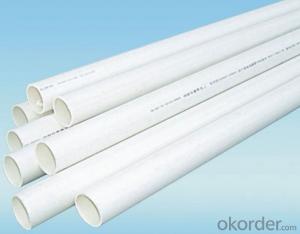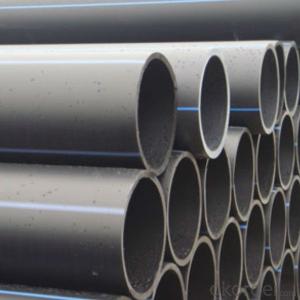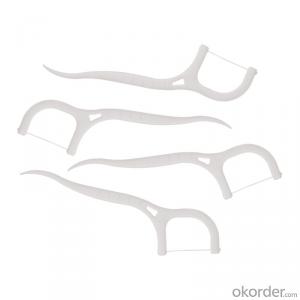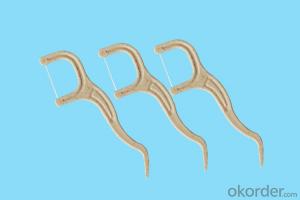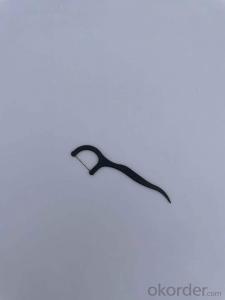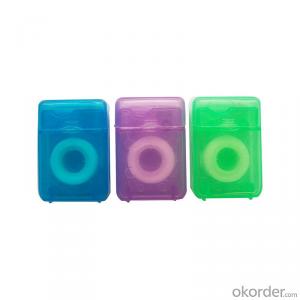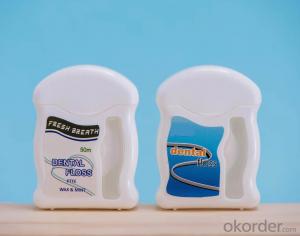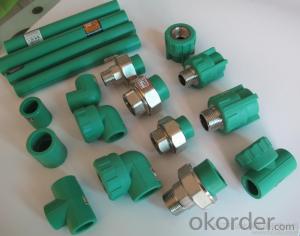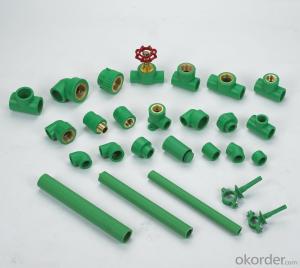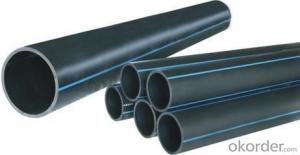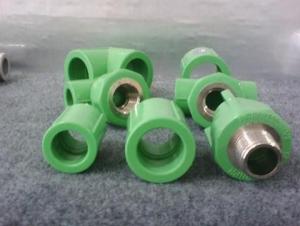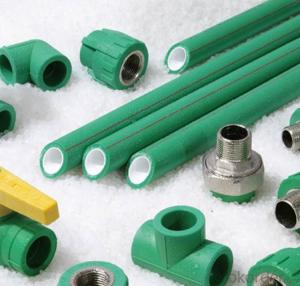Polypropylene-Random short bypass bend
- Loading Port:
- Ningbo
- Payment Terms:
- TT OR LC
- Min Order Qty:
- 1000 pc
- Supply Capability:
- 100000 pc/month
- Option:
- Size:20,25,32mm
OKorder Service Pledge
OKorder Financial Service
You Might Also Like
Item specifice
Picture:
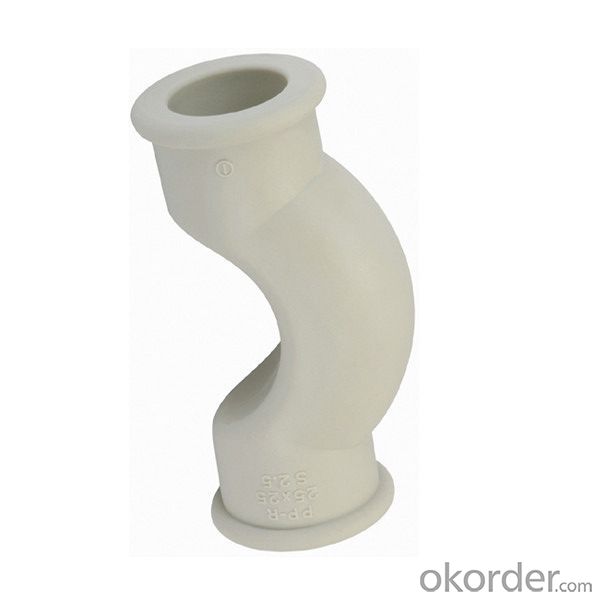

Specifications:
HYOSUNG PPR raw materials
Standard DIN8077-8078
GB/T18742.3-2002 PN25
White grey green color
Product Applications:
Distribution for cool and hot water
Duct for drinkable water system
Pipes for kinds of high-temperature and low-temperature heating system
Pipes for heating and coolling settings in solar energy system
Connecting pipe for air conditioners
Main Product Features:
Healthy, bacteriological neutral, conforming to drinking water standards
Resistant to high temperatures, good impact strength
Convenient and reliable installation, low construction expenses
Large drum hub to maximize cable life
Self-activating automatic brake hold the load securely when crank handle is released
With cable or strap
Safety guard cover available
Top quality with competitive price
Widely used in the double beam bridge crane and gantry crane
Easy to install and high quality
FAQ:
Q1:How Can I Get A Sample?
A1:You can get samples by communicate with our export sales.
Q2:How Long Is Delivery?
A2:Delivery time will be30-45days according to order quantity.
Q3:What Is The MOQ?
A3:MOQ depends on different items.
Q4:What Is Our Normal Payments Terms?
A4:Our normal payment terms now is: T/T, L/C or western union,paypal
- Q:Can plastic pipe fittings be used for conveying food products?
- No, plastic pipe fittings should not be used for conveying food products as they may not be food-grade and could potentially contaminate the food.
- Q:Can plastic pipe fittings be used for air conditioning systems?
- Yes, plastic pipe fittings can be used for air conditioning systems. Plastic pipes, such as PVC (Polyvinyl Chloride) or CPVC (Chlorinated Polyvinyl Chloride), are commonly used for air conditioning systems due to their lightweight, corrosion-resistant, and cost-effective properties. Plastic pipe fittings provide a reliable and durable solution for channeling refrigerant, condensate, and air within the air conditioning system. However, it is essential to ensure that the chosen plastic materials and fittings are suitable for the specific requirements and pressures of the air conditioning system to ensure optimal performance and safety.
- Q:Are plastic pipe fittings resistant to pressure?
- Yes, plastic pipe fittings are generally resistant to pressure. However, the level of pressure resistance can vary depending on the type and quality of the plastic material used in the fittings. It is important to choose fittings that are suitable for the specific pressure requirements of the plumbing system to ensure optimal performance and durability.
- Q:Can plastic pipe fittings be used for geothermal heating systems?
- Yes, plastic pipe fittings can be used for geothermal heating systems. Plastic pipes, such as high-density polyethylene (HDPE), are commonly used in geothermal applications due to their durability, corrosion resistance, and flexibility. Plastic pipe fittings designed for geothermal systems are specifically engineered to withstand the unique requirements of geothermal heating, including high temperatures and chemical resistance.
- Q:How do you choose the right size of plastic pipe fittings?
- To choose the right size of plastic pipe fittings, you need to consider the diameter and material of the pipe you are working with. Measure the outer diameter of the pipe accurately and match it with the corresponding fitting size. Additionally, ensure that the fitting material is compatible with the pipe material to ensure a secure and leak-free connection.
- Q:Can plastic pipe fittings be used for fire hydrant systems?
- No, plastic pipe fittings cannot be used for fire hydrant systems. Fire hydrant systems require materials that are fire-resistant and durable, which plastic pipe fittings do not typically possess. Metal fittings, such as brass or cast iron, are commonly used for fire hydrant systems due to their ability to withstand high pressure and heat.
- Q:How do plastic pipe fittings handle extreme weather conditions?
- Plastic pipe fittings generally fare well in extreme weather conditions due to their durability and resistance to temperature fluctuations. They have the ability to withstand freezing temperatures, high heat, and even harsh UV rays without cracking or deteriorating. Additionally, plastic pipe fittings are often designed with weather-resistant properties, such as UV stabilizers or special coatings, which further enhance their ability to handle extreme weather conditions.
- Q:Can plastic pipe fittings be used for wastewater treatment in industrial settings?
- Yes, plastic pipe fittings can be used for wastewater treatment in industrial settings. Plastic pipe fittings are commonly used in wastewater treatment due to their durability, corrosion resistance, and ability to handle a wide range of chemicals and temperatures. They are also relatively easy to install and maintain, making them a cost-effective choice for industrial wastewater treatment systems.
- Q:Can plastic pipe fittings be used for vacuum drainage systems?
- Yes, plastic pipe fittings can be used for vacuum drainage systems. Plastic fittings are commonly used in vacuum drainage systems due to their lightweight, corrosion-resistant, and durable nature. They offer excellent performance and long-term reliability, making them a suitable choice for such applications.
- Q:How do plastic pipe fittings compare to cast iron fittings?
- Plastic pipe fittings are generally more cost-effective, lightweight, and easier to install compared to cast iron fittings. They are also resistant to corrosion and chemical reactions, making them a popular choice for various plumbing and industrial applications. However, cast iron fittings are known for their durability, strength, and ability to withstand high pressure and temperature, making them suitable for heavy-duty applications. Ultimately, the choice between plastic and cast iron fittings depends on the specific needs and requirements of the project.
1. Manufacturer Overview |
|
|---|---|
| Location | |
| Year Established | |
| Annual Output Value | |
| Main Markets | |
| Company Certifications | |
2. Manufacturer Certificates |
|
|---|---|
| a) Certification Name | |
| Range | |
| Reference | |
| Validity Period | |
3. Manufacturer Capability |
|
|---|---|
| a)Trade Capacity | |
| Nearest Port | |
| Export Percentage | |
| No.of Employees in Trade Department | |
| Language Spoken: | |
| b)Factory Information | |
| Factory Size: | |
| No. of Production Lines | |
| Contract Manufacturing | |
| Product Price Range | |
Send your message to us
Polypropylene-Random short bypass bend
- Loading Port:
- Ningbo
- Payment Terms:
- TT OR LC
- Min Order Qty:
- 1000 pc
- Supply Capability:
- 100000 pc/month
- Option:
- Size:20,25,32mm
OKorder Service Pledge
OKorder Financial Service
Similar products
New products
Hot products
Hot Searches
Related keywords
